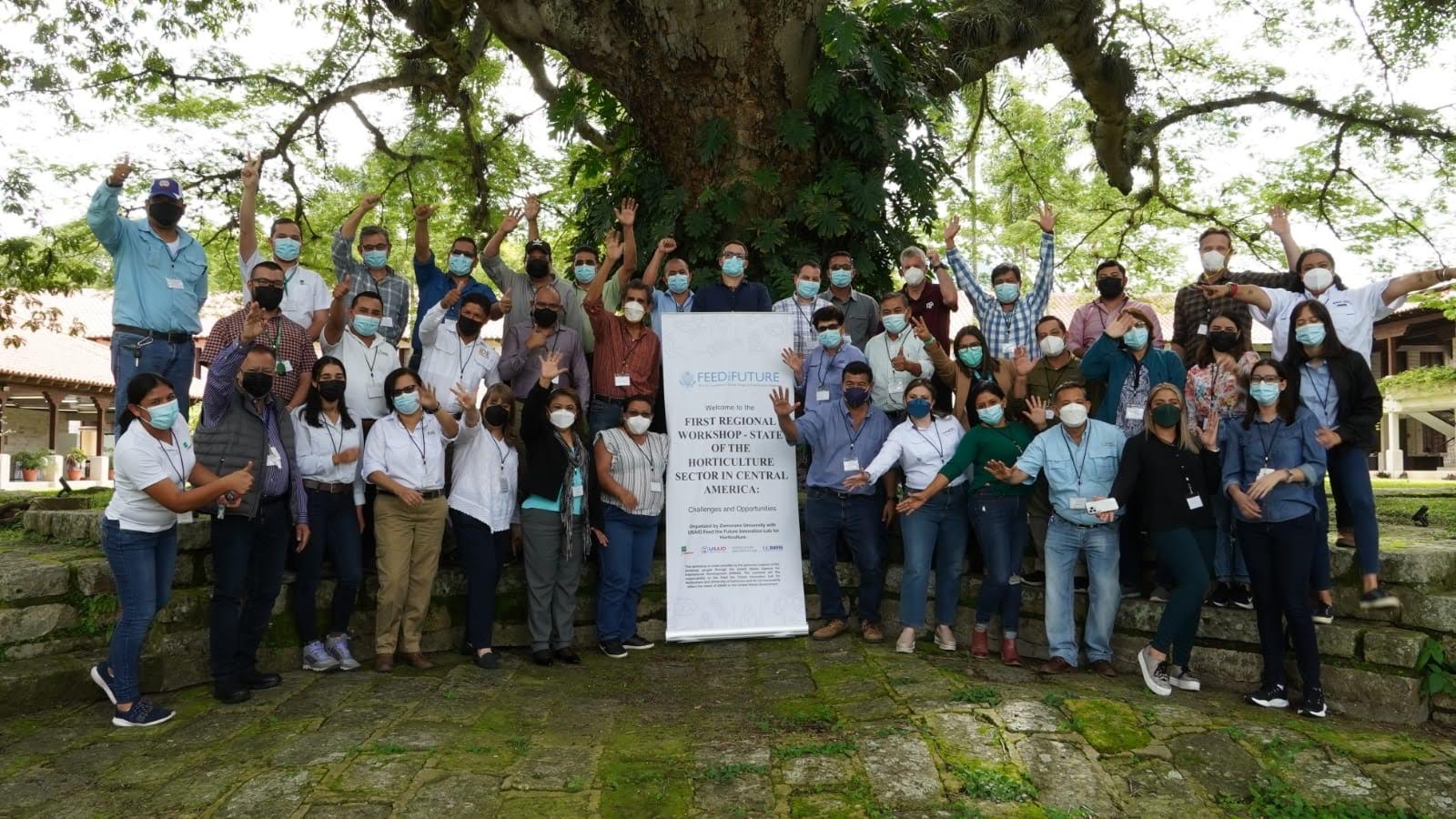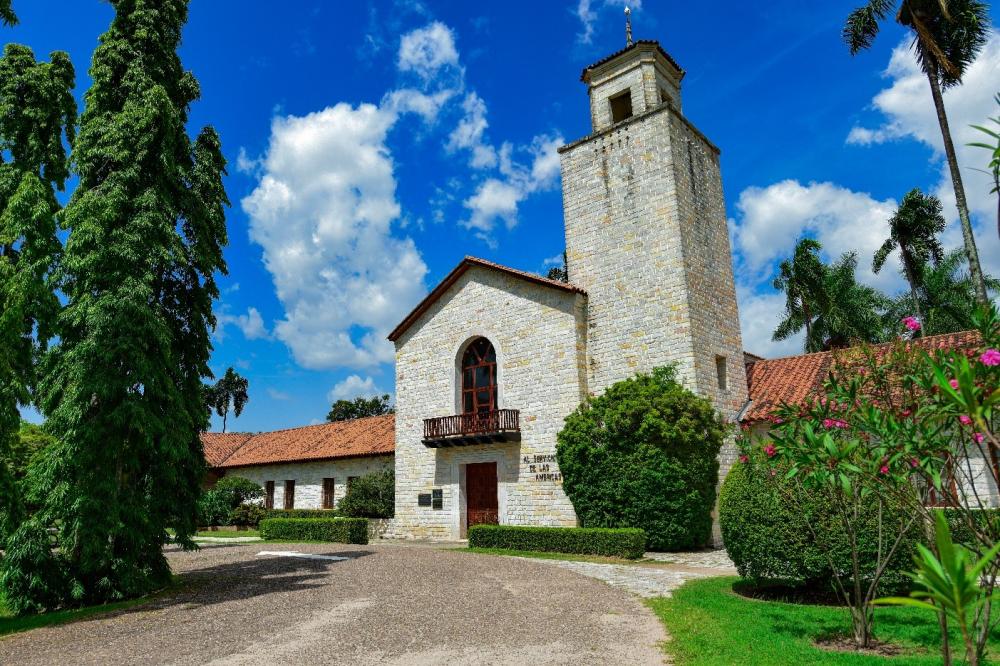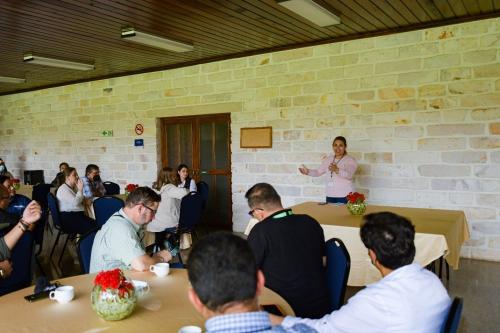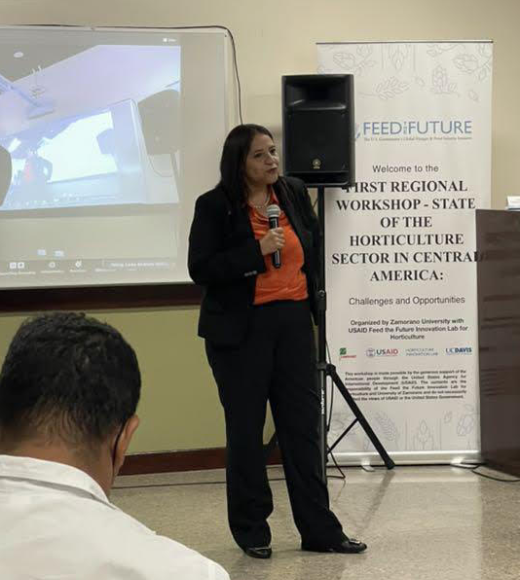
Last week marked another successful horticulture workshop in Honduras, one of four regional conferences taking place this summer that are the first stage in the Feed the Future Innovation Lab for Horticulture’s USAID-funded 5-year project cycle. Zamorano University, a non-profit agricultural university, hosted the event at their 10,000-acre campus in the Yeguare valley, only 30km from Tegucigalpa, the country’s capital. Enthusiasm ran high amongst the 45 people attending, who traveled primarily from Honduras, Guatemala, and El Salvador, to discuss challenges and opportunities for fruit and vegetable value chains in Central America. Participants represented a multitude of public and private organizations that spanned the value chain, from suppliers of agricultural inputs to representatives of academia.

Taking place over a 2-day period, the workshop consisted of both presentations and breakout sessions that gave participants a chance to discuss what they believed were the most important issues in the horticulture sector in their regions. This information then fueled the larger group discussion on how to address these challenges and create opportunities for advancement within the horticultural value chain, focusing on key topic areas such as local access to fruits and vegetables, women and youth participation in horticulture, access to regional and international markets, Integrated Pest Management (IPM), postharvest management, and value-added products.

While participants acknowledged that the challenges—such as increasing costs of inputs, energy, and transport--are many, they also discussed the horticulture sector’s incredible potential to benefit the people of Central America. However, in order for this potential to be harnessed, there are several actions that need to take place: knowledge-sharing amongst public and private actors in the sector, shifting exports to local and regional markets to increase local access to fruits and vegetables, increasing local demand for fruits and vegetables, and government policies that promote horticultural advancement for the benefit of all value chain members. Dr. Laura Suazo, the Honduran Minister of Agriculture, spoke to this in her presentation about critical steps the government is taking to boost the country’s horticulture sector, including holding a country-wide census—the first in 30 years—to evaluate over 40 supply chains, and building extension programs into Honduran universities to boost their prevalence and efficacy throughout the country.

It was not only the participants’ sharing of expertise that made the workshop so successful—it was their passion for advancing horticulture within their communities and countries that made discussions so engaging and productive. And of course, none of this would have been possible without Zamorano University’s leadership and hosting on their beautiful campus.
Thank you to all our presenters, participants, and Zamorano University for such a rich foundation on which to build rigorous and impactful research in the next several years in Central America.
